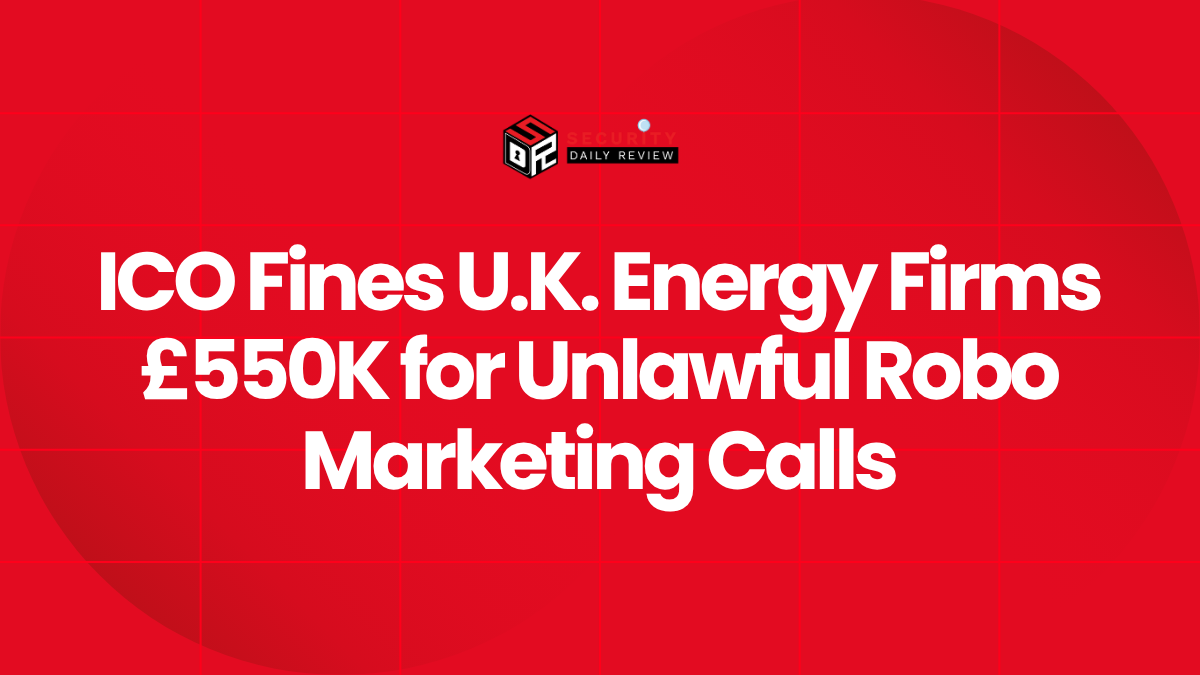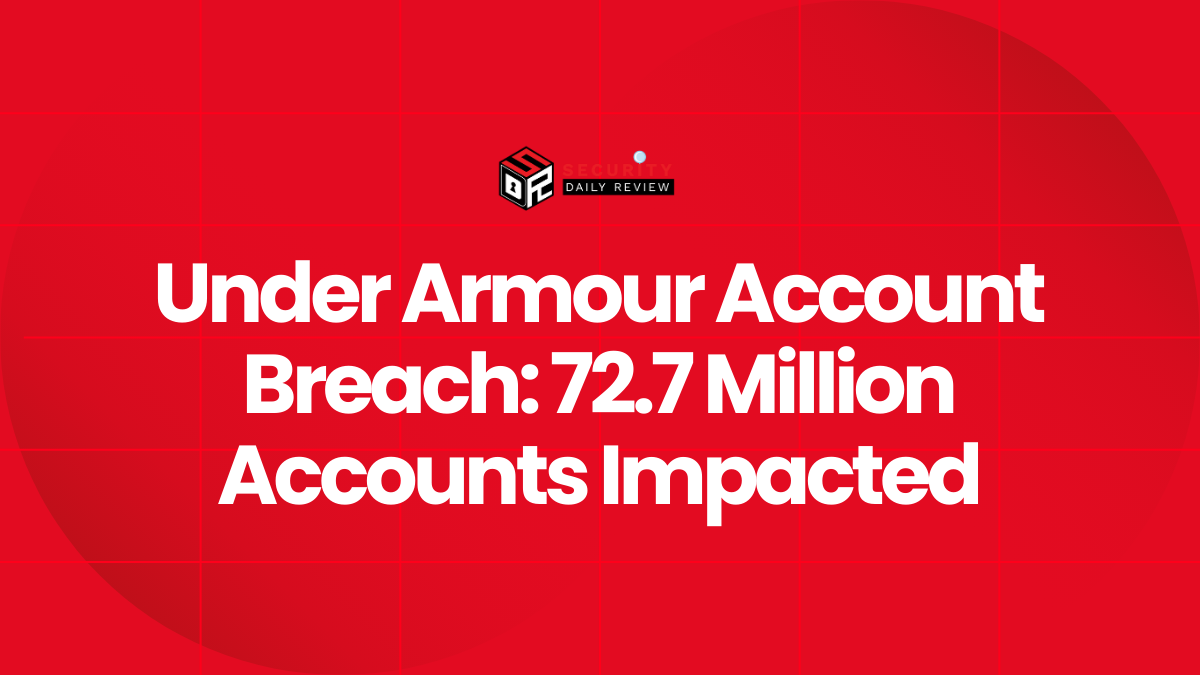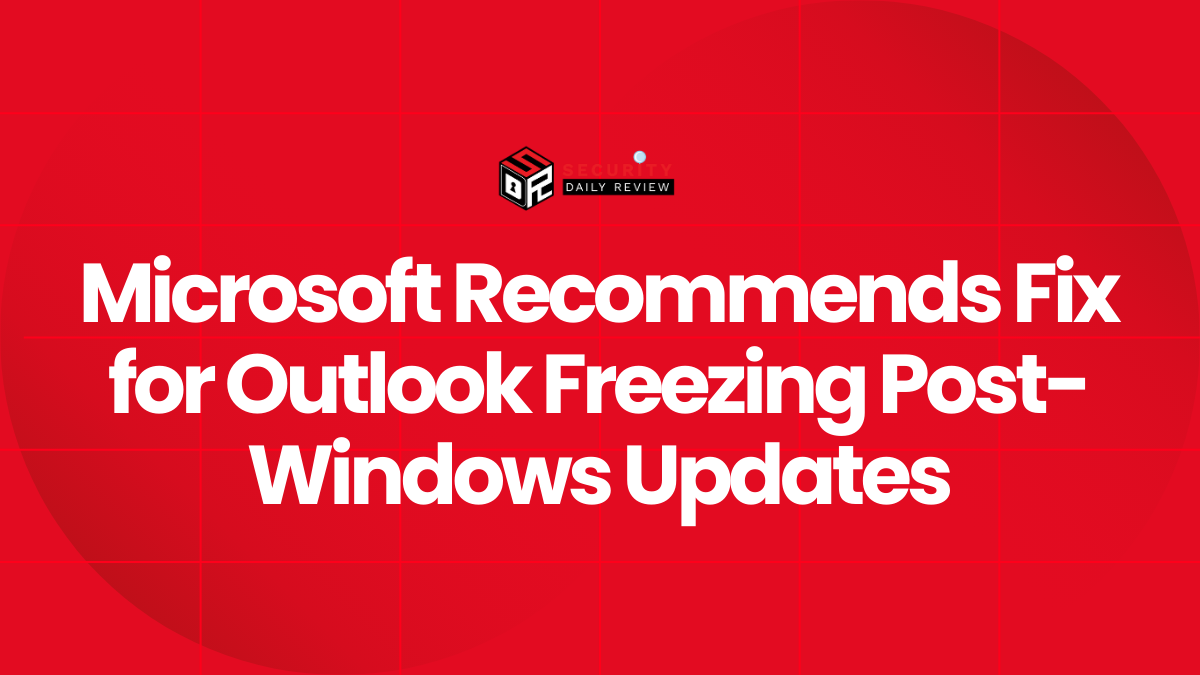The Information Commissioner’s Office (ICO) has fined two U.K. energy-sector firms a combined £550,000 for running unlawful automated marketing calls that deliberately impersonated real people and targeted vulnerable recipients. In a public advisory, the ICO explained the action against Green Spark Energy Ltd and Home Improvement Marketing Ltd, finding the companies used avatar/robo-call software with pre-recorded scripts delivered through offshore call agents.
The enforcement traces to thousands of complaints: the ICO received 497 reports about Green Spark Energy’s campaigns that reportedly harassed cancer patients and elderly people, while Home Improvement Marketing made over 2.4 million automated calls between May and August 2023 that generated hundreds of complaints. During its investigation, the ICO obtained search warrants — including an operation at the home of former Green Spark CEO Mathew Terry — and seized devices and records that revealed attempts to document how to evade regulatory detection.
“We’ve heard disturbing reports of how unscrupulous companies are using robo technology to fool elderly and vulnerable people. … This will help us investigate and take enforcement action,” said Andy Curry, Head of Investigations at the ICO.
Technical Breakdown, Consumer Harm, and Risk Implications
Investigators found the firms used a hybrid model: pre-recorded voice tracks (voice actors) played by offshore call agents, surfaced through software that responded with slight pauses and limited reply options to mimic a human conversation. The system generated high call volumes and used scripted social engineering to book “surveyor” visits and to push products or services. One misleading script even asserted that fiberglass insulation was a potential health hazard, referencing a public charity to gain credibility.
Because the calls originated at scale and used legitimate-sounding speech patterns, conventional spam filters and caller-ID checks were ineffective. The campaigns created distress, especially for vulnerable groups, and exposed recipients to risks of fraud, identity theft, and in-home scams.
This enforcement adds to a trend of global crackdowns on unlawful telemarketing, with similar penalties issued by privacy authorities in Europe and North America against firms using mass-calling technology to bypass consent rules.
Remediation Advice and Organizational Best Practices
For consumers:
- Register with the Telephone Preference Service (TPS) to opt out of marketing calls.
- Avoid confirming personal details to unverified callers and verify appointments through official websites.
- Record call details and report suspicious activity to the ICO.
For businesses:
- Implement consent management and TPS screening for all marketing campaigns.
- Audit third-party providers and offshore call centers for compliance.
- Suspend any campaigns that generate spikes in complaints and cooperate with regulators quickly.










